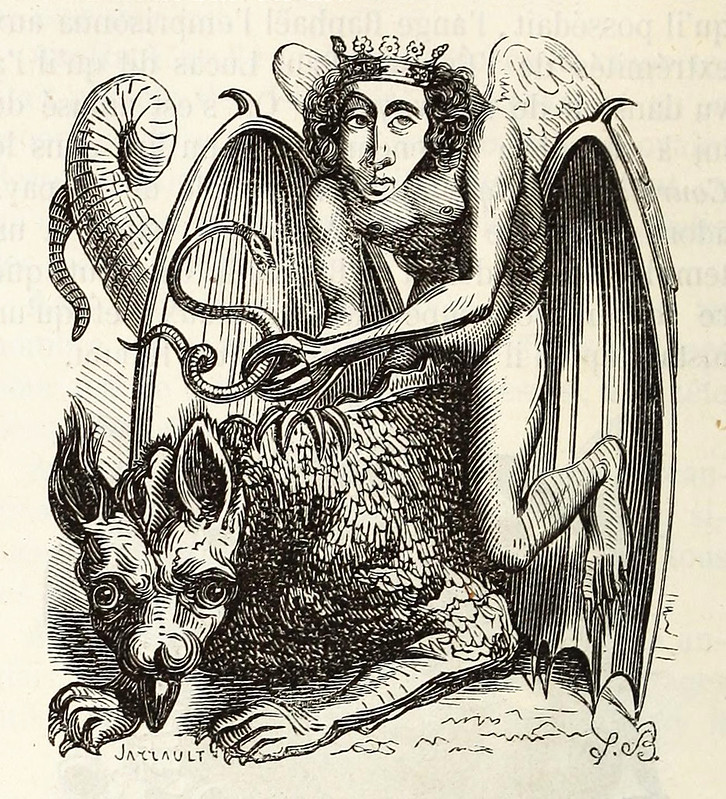

For example, the book reassures its contemporaries as to the torments of Hell: "To deny that there are sorrows and rewards after death is to deny the existence of God since God exists, it must be necessarily so. Influenced by Voltaire, Collin de Plancy initially did not believe in superstition. The cover page for the 1826 edition reads: Infernal Dictionary, or, a Universal Library on the beings, characters, books, deeds, and causes which pertain to the manifestations and magic of trafficking with Hell divinations, occult sciences, grimoires, marvels, errors, prejudices, traditions, folktales, the various superstitions, and generally all manner of marvellous, surprising, mysterious, and supernatural beliefs. This book attempts to provide an account of all the knowledge concerning superstitions and demonology.Ī review in 1822 read: Anecdotes of the nineteenth century or stories, recent anecdotes, features and little known words, singular adventures, various quotations, compilations and curious pieces, to be used for the history of the customs and the mind of the century in which we live, compared with centuries past. The book was first published in 1818 and then divided into two volumes, with six reprints-and many changes-between 18. MacGregor Mathers's edition of The Lesser Key of Solomon. Many but not all of these images were later used in S.

There were several editions of the book perhaps the most famous is the 1863 edition, which included sixty-nine illustrations by Louis Le Breton depicting the appearances of several of the demons. It was written by Jacques Auguste Simon Collin de Plancy and first published in 1818. The Dictionnaire Infernal ( English : Infernal Dictionary) is a book on demonology, describing demons organised in hierarchies.


 0 kommentar(er)
0 kommentar(er)
